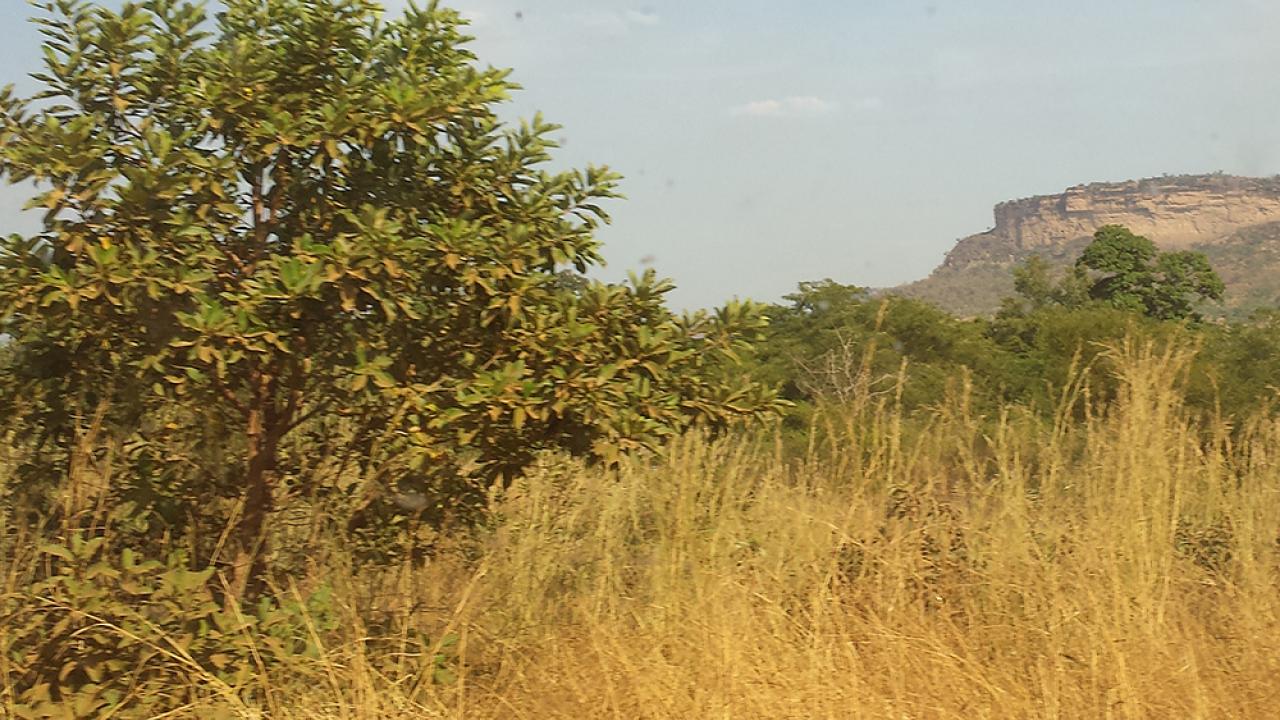
Agricultural development remains an important component of the overall development strategy of Ghana and other agrarian economies in sub-Saharan Africa. The Ghana agricultural sector, which contributed over half of employment as of 2012, is dominated by smallholder farmers using rain-fed agricultural practices. Improving their yields, incomes, and livelihoods has the potential to significantly reduce poverty, food insecurity, and improve economic growth nationwide.
Among the many barriers to productive and profitable smallholder agriculture in sub-Saharan Africa is risk. Smallholder agricultural production faces numerous risks such as droughts, hail, strong winds, and other adverse weather shocks as well as pests, diseases, livestock damage, and price fluctuations. These risks reduce investment in advanced production technologies and reduce access to the credit needed to finance investments in agriculture. Managing risk has the potential to significantly improve farmer incomes, yields, and welfare.
Project Summary
A Feed the Future Innovation Lab for Assets and Market Access research team will develop improved index insurance policies for small-scale farmers to create stronger demand and impact for index insurance in Ghana. The project will focus particularly on reducing basis risk, which is the difference between an index insurance product’s prediction of crop losses and actual crop losses experienced by farmers.
High basis risk, which is likely to result in an index insurance product’s failure to pay out accurately for losses, is often cited as the greatest barrier to adoption and effectiveness. The project will develop two highly accurate indices calibrated against detailed household survey data and historic market prices in Ghana. Specifically, the team will first develop advanced area-yield indices using remote sensing data and calibrated using household level data from northern Ghana. They will also develop price indices using regional price data and combine these with area-yield indices to create area-revenue indices.
The team will also partner with the Ghana Agricultural Insurance Pool (GAIP) to pilot and market these advanced index insurance products and to evaluate demand. GAIP remains the exclusive private sector provider of agricultural index insurance policies in Ghana.
Anticipated Impacts
This project will have direct positive impact on the lives of smallholder farmers and the index insurance industry in Ghana while furthering research on small-scale farmer risk management. While GAIP currently offers rainfall-based index insurance policies to individual farmers, cooperatives and banks, this project will create improved indices and insurance contracts that increase value across GAIP’s products, improving GAIP’s ability to promote Ghana’s agricultural sector.
